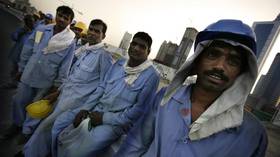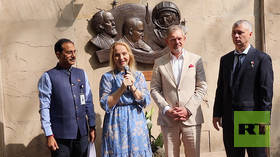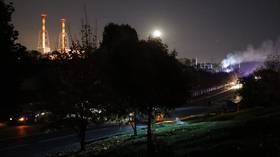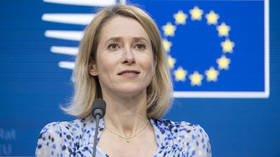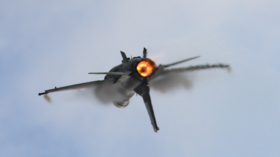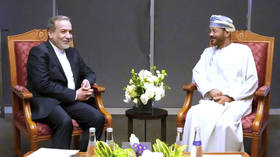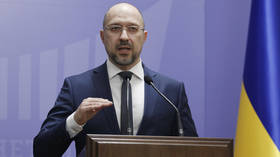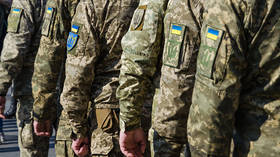Russian universities are on the rise in the Times Higher Education (THE) rankings
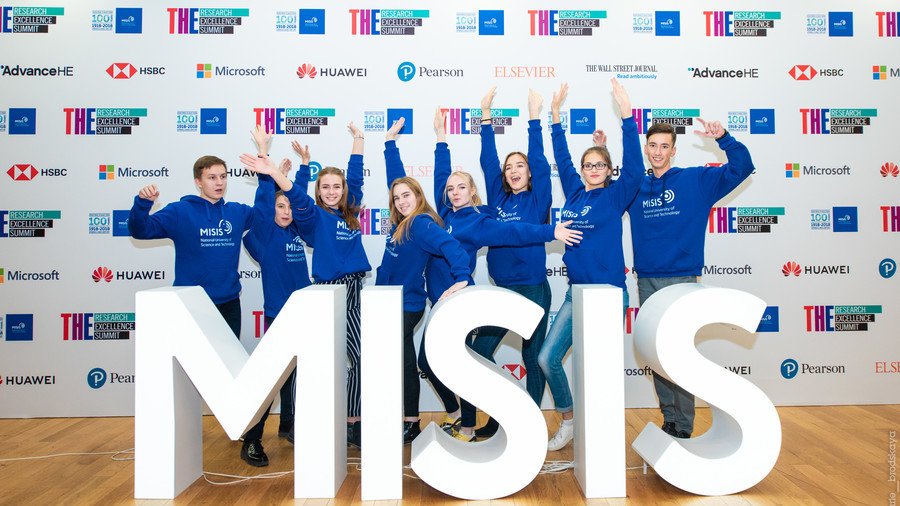
Russia has made significant progress in the world university rankings this year. On Nov. 7, the influential Times Higher Education (THE) included many leading Russian universities in its latest rankings by subject.
The results were announced during THE’s global Research Excellence Summit organized in partnership with Russia’s National University of Science and Technology MISIS.
In the ranking, nine Russian universities are included in the “life sciences” category; 26 in “physical sciences”; five in “clinical, pre-clinical, and health”; and three in “psychology.”
The overall leaders were the Lomonosov Moscow State University and MIPT University.
As THE world universities rankings for 2018-2019 show, Russia’s overall performance is also improving: the ranking this year featured 35 Russian universities, up on 27 last year. The current leaders are the Lomonosov Moscow State University, Moscow Institute of Physics and Technology, and Higher School of Economics.
“These results please us and inspire us to take further steps,” Minister of Science and Higher Education of Russian Federation Mikhail Kotyukov said at the event. “Today we have prepared national projects in science and higher education that aim to further increase our competitiveness...We should increase the number of scientific publications, increase our patent activity, and increase spending on research and development.”
Marina Borovskaya, Russia’s vice-minister of science and higher education, echoed his view and said Russian universities shouldn’t rest on their laurels simply because progress has been made in the rankings – and called for further modernization.
“Today the youth seeks knowledge from all sources possible to strengthen their professional skills. If we don’t recognize it, this trend will pass us by. So I urge everyone who got into top positions and those who didn’t to continue improving,” she said. “We are seeing a certain success of our managerial teams but we also understand that it’s not enough because these are only the first steps towards success, that is indeed getting closer.”
Foreign experts have also stood up and taken notice of the positive change that Russian universities are going through. “It’s excellent to see Russia’s ambition, the targeted support, and the focus on nurturing excellence. It’s very much in keeping with the theme of this event, which is transformation,” said Phil Baty,THE’s chief knowledge officer. “I think Russia is undergoing a very exciting transformation and I believe…that universities should not be driven by rankings. They should be informed by rankings but certainly, we [THE] should not drive their strategy. We should provide the data and analytics to support their own mission and support universities to set out their own strategy.”
Baty added that he believes the world summit is an essential platform for sharing the best practices, so people can learn from each other’s “vast collective experience,” and share data and data-driven insight.
NUST MISIS as a venue
The Moscow-based NUST MISIS university boasts a century-long history and proudly names Nobel prizewinners, ministers, academics, and war heroes among its alumni. A successor of the Moscow Mining Academy, it’s now one of the leading universities in Russia featured in Project 5-100, the state program to maximize the competitive position of leading Russian universities globally.
“[NUST MISIS] is one of the most dynamic Russian universities,” notes Andrei Volkov, deputy chair of the Russian Project 5-100 International Council. “During the last decade NUST MISIS took its place in shaping the global research agenda through collaboration with leading world universities and research centers...Almost half of its publications are made with international partners and the university has made considerable advances in terms of development its teaching innovation and research capacity, mostly in what we are discussing today in the domain of natural science.”
According to him, a few years ago NUST MISIS took one of the top positions among 21 universities featured in the Project 5-100 program, and now remains in the top six most actively developing universities in Russia.
As a co-organizer of the first global Research Excellence summit devoted to “transformation towards world-class research in the natural sciences,” NUST MISIS provided a platform to discuss many urgent aspects of the theme. Ensuring balance between research planning, creating new clusters to fuel research excellence, managing cultural changes, forming a strong brand identity and business reputation – these questions are important for many universities today, including Project 5-100 participants who seek to boost their performance based on the best international practices.
Apart from acting as a host of the event, NUST MISIS also benefited from the insight shared at the summit. As a leading materials science university in Russia, it closely followed and participated in the discussions on fostering international cooperation in materials sciences and the panel debate on the future of engineering education.
“THE runs summits all across the world but we felt that it was very important to come to Moscow,” says Phil Baty. “NUST MISIS is a university we’ve built a relationship with over several years now and we see it as an example of good practice, of a university that wants to change. It’s developing rapidly, it’s gaining visibility so Moscow is a great center to share good practice.”
Sharing insight
During the three-day event, participants were given the opportunity to learn from international university leaders, including Alain Fuchs from the PSL Research University, Mariam Al-Maadeed from Qatar University, Eulho Suh from the Daegu Gyeongbuk Institute of Science and Technology, and Karen Ottewell and Christoph Zähner from the University of Cambridge.
For guests like Irina Zholobova, director of the Information Analysis Center at Tomsk State University, THE’s Research Excellence Summit was an opportunity to exchange views with foreign colleagues. “We’re facing the same issues and moving in the same direction, so it’s useful to have an opportunity to get insight from universities speaking here,” she says.
“Here one could hear from both Russian universities and foreign colleagues … speak about their achievements, the managerial aspects of their work, and the questions of attracting state and private financial support,” adds Dmitry Shtykhno, vice-rector for development at the Plekhanov Russian University of Economics, another visitor of the summit. “Such events help to have a mutually beneficial exchange and establish international partnerships on joint diploma programs and online courses. So, definitely, as a result, the quality of education improves.”



